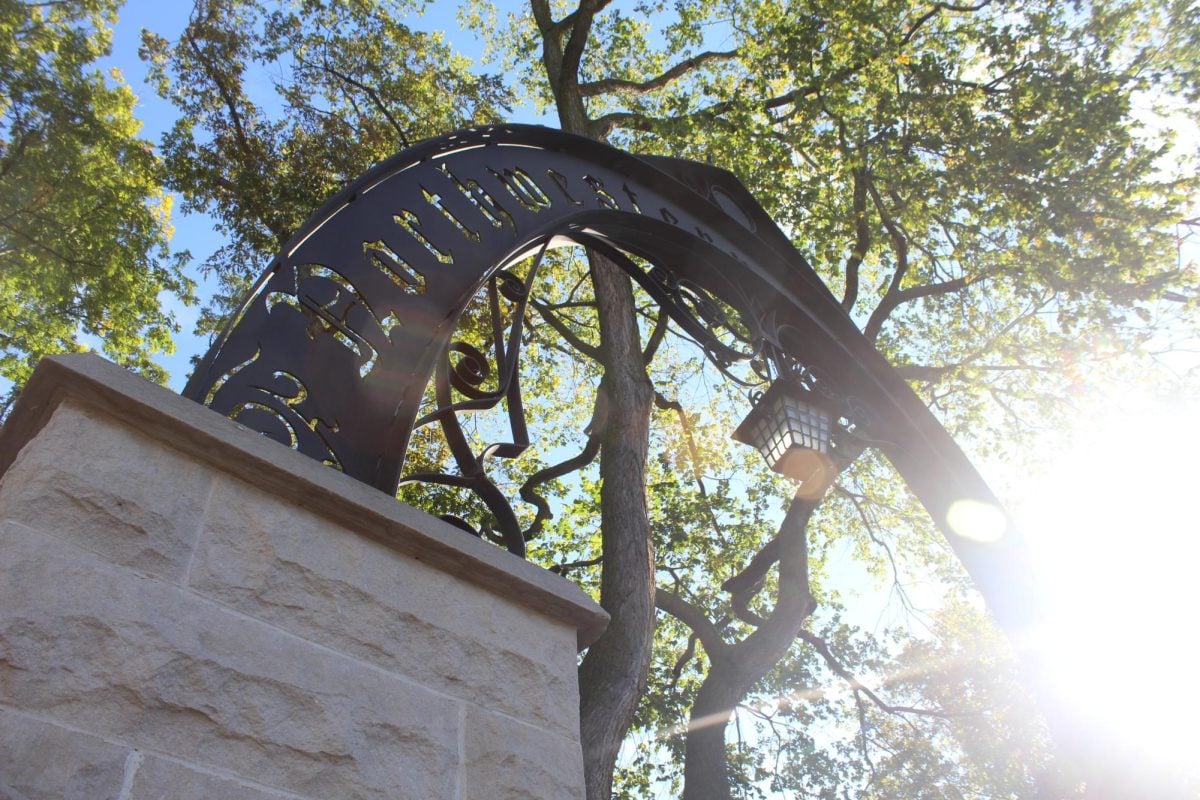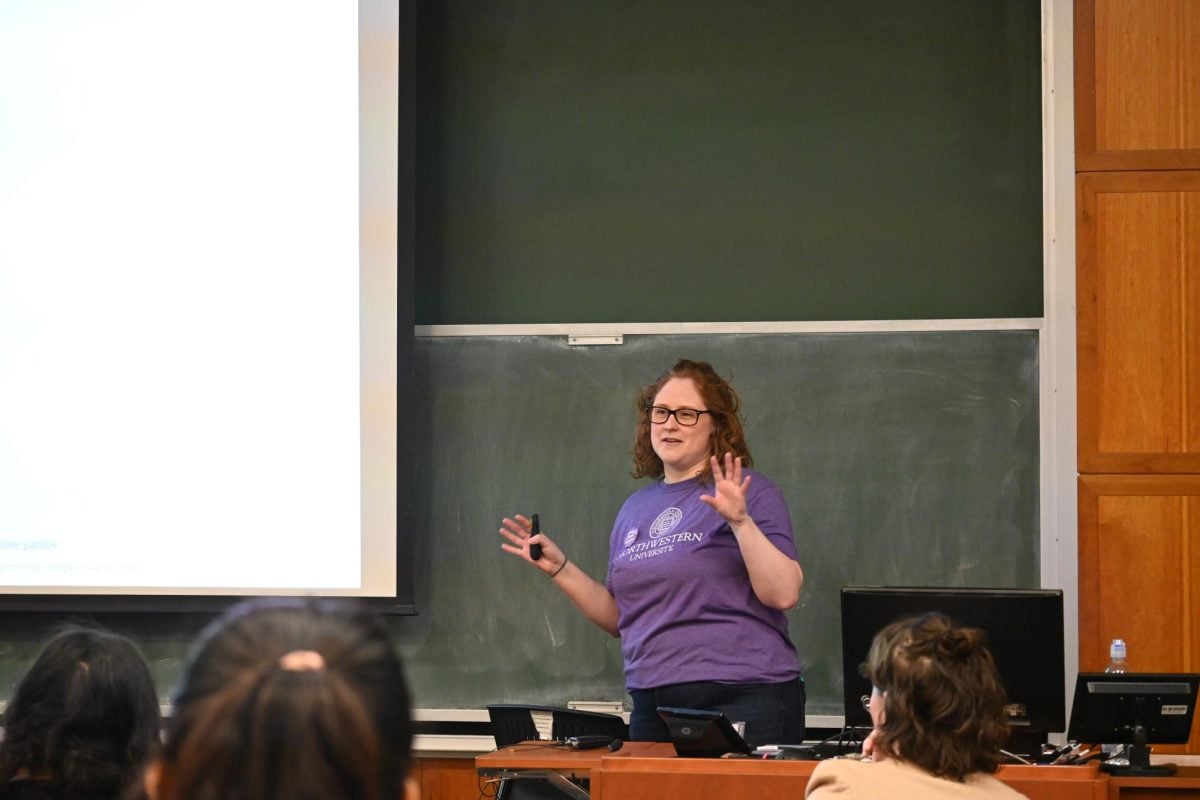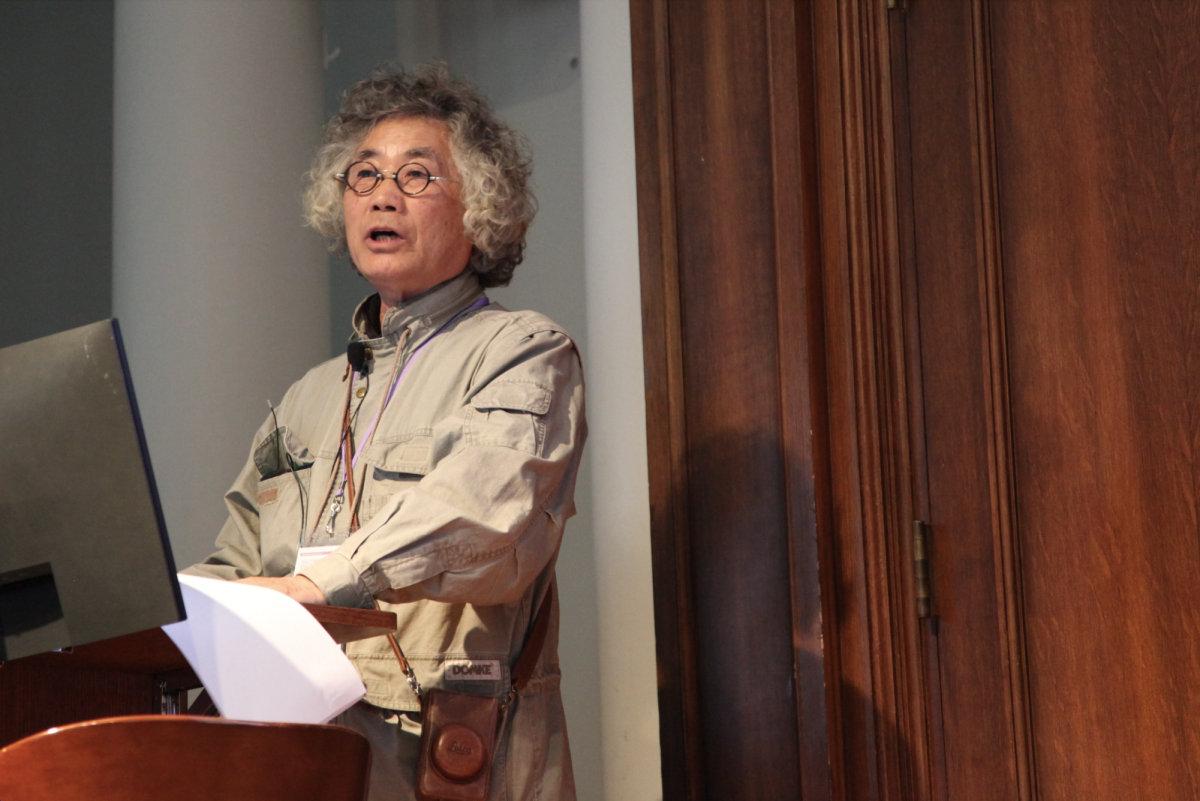Northwestern scientists participated in a groundbreaking physics experiment in Switzerland on Tuesday.
The European Organization for Nuclear Research (known as CERN, an acronym from an earlier name) is based in Geneva and has the world’s most powerful particle accelerator, the Large Hadron Collider (LHC). On Tuesday, the organization collided subatomic particles at a higher energy than ever before, kicking off CERN’s LHC research program.
Michael Schmitt, an NU physics professor who has been working on one of the research sites at CERN, compared the capability of the accelerator to that of Fermilab, a research site in Batavia, Ill. The Fermilab accelerator can collide protons and antiprotons at 2 teraelectronvolts, or TeV. The LHC is capable of using 14 TeV of energy. In the experiment Tuesday, CERN collided particles at 7 TeV, the highest energy to date.
“They started in December to do the first couple of tests, but at a low energy,” Schmitt said. “Ultimately we will run at 14 TeV.”
Schmitt said the experiment was successful, especially given that particle collision is “a little like trying to thread a needle across the Atlantic.”
Mayda Velasco, also an NU professor, has been working alongside Schmitt and was in Geneva for the collision, Schmitt said. The professors collaborate with research professors, post-doctoral students, graduate students and sometimes undergraduates in their work at CERN, where about 3,000 scientists from around the world conduct research.
Schmitt said the work at CERN could help researchers learn more about dark matter, or the “extra stuff” in space that is composed of neither protons nor electrons.
In a press release from CERN, the organization said it plans to run the LHC for between a year and a half and two years “with the objective of delivering enough data to the experiments to make significant advances across a wide range of physics channels.”[email protected]







